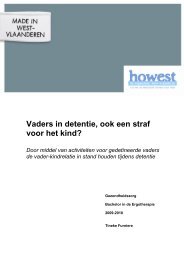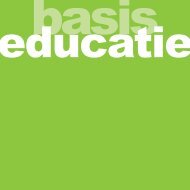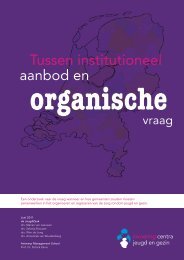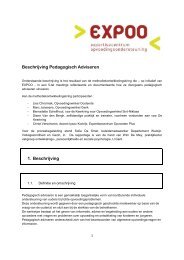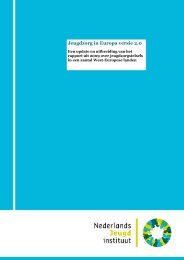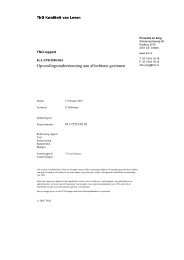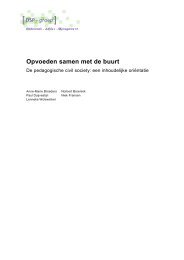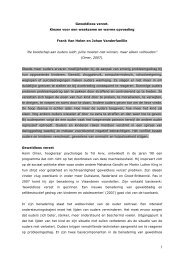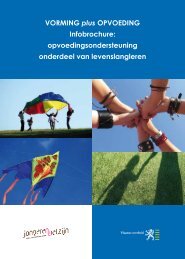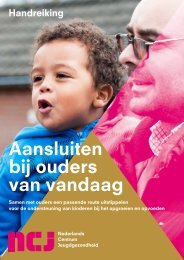Technique Is Not Enough (TINE) - British Psychological Society
Technique Is Not Enough (TINE) - British Psychological Society
Technique Is Not Enough (TINE) - British Psychological Society
- No tags were found...
You also want an ePaper? Increase the reach of your titles
YUMPU automatically turns print PDFs into web optimized ePapers that Google loves.
commissioners can have more confidence in programmes that have been tested with realstaff in real settings (traditional service provision venues), and in lots of locations and inmany cultures. For example:FASTFAST has been trained, supervised and implemented in over 2500 sites in 14 countries, with anaverage retention rate of 80 per cent of parents who are primarily from low-income communities.If programmes can be delivered in the places where mainstream services are delivered byteachers, social workers, psychologists and other professionals using the support structuresfor recruitment and training that service systems provide, so much the better.In short, there is a need for a new generation of parenting programmes that intuitivelymake sense to the people who buy them. Programmes also need to take service systemobjectives into account to support work on sustainability and ultimately to recruit theirtarget groups more comprehensively. A particularly important way in which this needs tohappen is by ensuring that the way in which evidence-based programmes are designed andintroduced aligns with – rather than rubs against – the motivations of the practitioners whowork in systems – social workers, teachers, health visitors, psychologists, probation officers,and so on (Axford, 2012). What do we know about these motivations?Practitioners are concerned to address social injustice and improve child outcomes, whichthey see as being achieved by building relationships with children and families. Practitionersderive a sense of accomplishment from seeing their actions contribute to improved childoutcomes (Stalker et al., 2007). Equally, practitioners become demotivated whenimmersed in paperwork and bureaucracy that prevents them from undertaking face-to-facework with children and families and denies them any sense they are making a difference(Gupta & Blewett, 2007; Coussée et al., 2010; Graham & Shier, 2010; Gregory, 2010).Practitioners enjoy having professional autonomy and discretion, including the freedom toimprovise (Webb, 2001). Many are motivated by professional and learning opportunities,intellectual challenge and the opportunity to master new skills (Stalker et al., 2007;Graham & Shier, 2010). Conversely, a requirement to focus on following tasks andprocedures, for example electronic assessment forms, or following many steps in a manualrather than applying and developing professional knowledge and skills contributes toprofessional discontent (Broadhurst et al., 2010).Practitioners are motivated by having adequate support and resources, includingsupportive supervision as they learn a new approach with an opportunity for reflectivepractice and being part of a team. They become demoralised when resources areinadequate and when supervision focuses on compliance and tasks achieved rather thanencouragement to make local adaptations and a fuller reflection on the nature andeffectiveness of their work (Stalker et al., 2007; Graham & Shier, 2010).Practitioners’ sense of identity is derived from their role being clearly defined, in line withexpectations and by being valued by society. An identity crisis results from their role beingfragile, subject to change, different to expectations and being criticised or undermined inwider society.These points need to be taken into account when designing and introducing parentingprogrammes, because otherwise these programmes will not be sustained. The reflexive and62 Professional Practice Board




